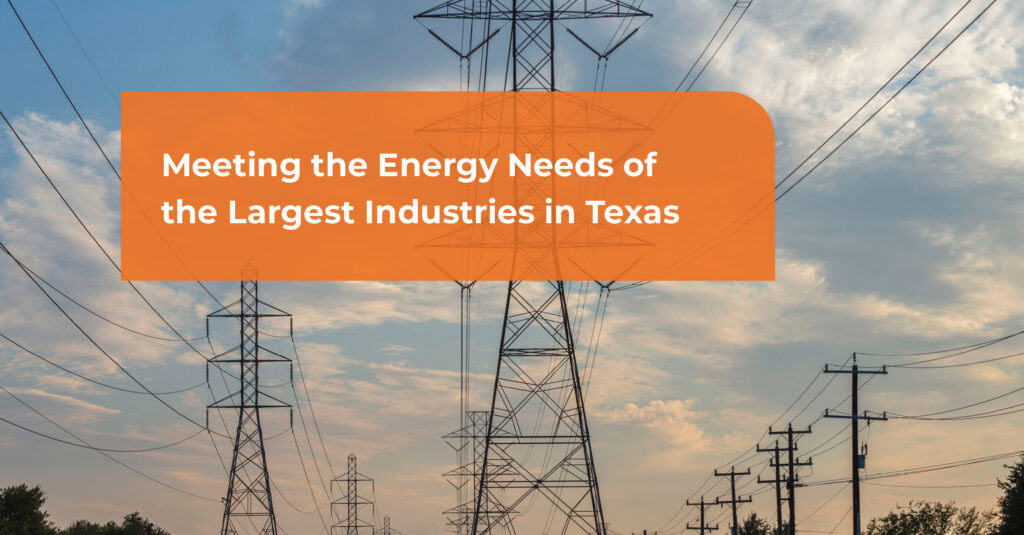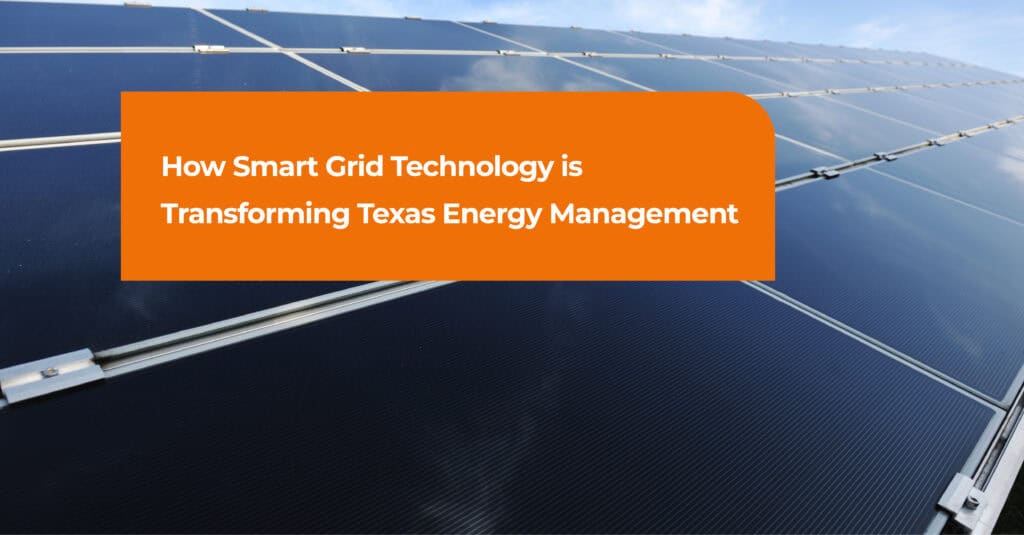
Do New Demand Response Services Mean It’s Time For A New Service Provider?
With capacity payments reducing by approximately 25%, now may be the right time to look for a new service provider to maximise your site’s potential demand response income. As the dust settles following the introduction of the DS3 System Services market, and the capacity market has entered the first year of procured capacity, it is now possible to navigate the capacity and system service market with greater certainty. DSU aggregators are already preparing for 2019/2020 by bidding new capacity into the market for the next Capacity Auction Cycle. Time is quickly running out to find the service provider to best cater to your site’s needs. With a deadline of December 13th, we have set out a quick overview of what has happened in the market, critical dates and what you need to do to prepare for next year.
Transitioning to a New Market
In 2017, Ireland’s Electricity Market began the long awaited transition period from the Single Electricity Market (SEM) to the Integrated Single Electricity Market (I-SEM). The new market is designed to align Ireland’s electricity market with other European electricity markets. This allows for the free trade of electricity between EU member states. These changes are key to enabling Ireland to achieve our 2020 and 2030 emissions targets.
A Changing Capacity Market
In the SEM, generators received a Capacity Payment Mechanism (CPM), payment for being on standby to generate electricity. This payment was used to ensure Ireland’s electricity demand was always met. In I-SEM this mechanism will now be known as the Capacity Remuneration Mechanism (CRM). During the design of I-SEM, the SEM Committee acknowledged the need for a capacity payment but concluded that a more competitive process should replace the CPM. As a result, the SEM Committee has designed the CRM as an auction based process to encourage more competition in the market place and ensure consumers get the best value for their money.
Capacity Market Timings
Capacity auctions are run on an annual basis. The first auction took place in December 2017 and the procured capacity entered the market on 1st October 2018. This capacity will be included in the CRM until 31st September 2019.
Procurement for the year starting 1st of October 2019 commenced in July 2018 when all market participants including conventional generators, DSUs and wind farms bid their prospective capacity for qualification into the next market auction. In December 2018, all market participants will bid their capacity into the auction and in February 2019 EirGrid will announce the results.
Capacity Market Bond
One of the major changes is market participants must provide the capacity procured at auction. In order to protect the market, all market participants must pay a bond of €30,000 per MW of new capacity. This bond is not returned to the market participant until they achieve their procured capacity. The consequences for DSUs is their client sites must confirm their commitment by December 2018 in order to de-risk their capacity in the capacity auction.
Maximising DSU & DS3 Revenue
Clients looking to protect or grow their demand response income need to actively engage in the demand response market. It is no longer a case of negotiating an advantageous pass-through rate with a DSU. The capacity market now has a more demanding rule set overlaid on it. The DS3 market rewards speed, reliability and predictability. Clients need a DSU they can trust with market proven technology to ensure that their sites can realise their full potential.
DSU & DS3 Tender Timings
Clients need to start with the end in mind. The capacity auction closes in December. Clients looking to optimise their demand response participation will need to confirm their commitment to a DSU partner by the end of November. This will accommodate a smooth glide path to auction close for both client and partner DSU.
Tender Preparation Tips
The new DS3 market and new capacity market requirements can make tender design seem daunting. A tender that contains the following information and requirements will provide a robust document for DSUs to work with.
Key Criteria
- Ensure the DSU is already providing FFR, POR, SOR and TOR1. This will ensure you de-risk the opportunity and you are not a pilot site.
- Ask what their Slowest FFR site is, this limits your sites ability to maximise revenue.
- Ask the DSU Service Provider for a full list of assumptions and scalar values used in the analysis. Poor assumptions can be very misleading.
Required Information
- 1 year of Site Demand Data, supplied by MRSO.
- List of equipment included in DSU & DS3
- DSU; Generator, CHP or Load Reduction.
- DS3; HVAC refrigeration, mills, etc.
- For DS3, create an estimation of the percentage of site demand which is consumed by the equipment.
VIOTAS is a market leading demand response services company at the forefront of innovation in smart grid technology. VIOTAS provide the most technologically advanced demand response system in the market through our IoTAS platform. IoTAS is the only demand response system that can access the highest earning DS3 income by responding to FFR within 150ms. IoTAS future proofs our client sites against higher demand response performance requirements.
VIOTAS has grown to be the second largest DSU Service provider in the market and continues to grow because Integrity is at the core of everything we do. We are open, transparent and honest in all our interactions with existing and potential clients.
VIOTAS is here to help you navigate through the DSU and DS3 markets. We are happy to respond to tender requests, for more information contact us.


